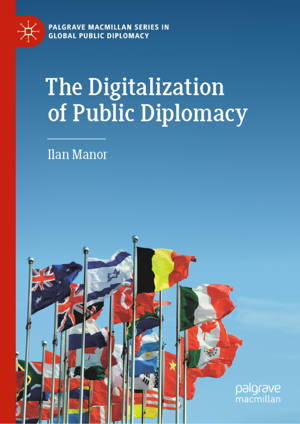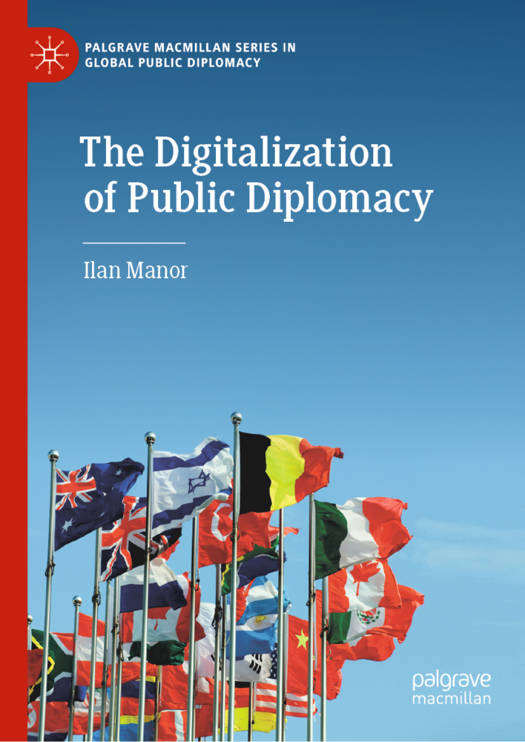
- Afhalen na 1 uur in een winkel met voorraad
- Gratis thuislevering in België vanaf € 30
- Ruim aanbod met 7 miljoen producten
- Afhalen na 1 uur in een winkel met voorraad
- Gratis thuislevering in België vanaf € 30
- Ruim aanbod met 7 miljoen producten
Zoeken
Omschrijving
This book addresses how digitalization has influenced the institutions, practitioners and audiences of diplomacy. Throughout, the author argues that terms such as 'digitalized public diplomacy' or 'digital public diplomacy' are misleading, as they suggest that Ministries of Foreign Affairs (MFAs) are either digital or non-digital, when in fact digitalization should be conceptualized as a long-term process in which the values, norms, working procedures and goals of public diplomacy are challenged and re-defined. Subsequently, through case study examination, this book also argues that different MFAs are at different stages of the digitalization process. By adopting the term 'the digitalization of public diplomacy', this book will offer a new conceptual framework for investigating the impact of digitalization on the practice of public diplomacy.
Specificaties
Betrokkenen
- Auteur(s):
- Uitgeverij:
Inhoud
- Aantal bladzijden:
- 356
- Taal:
- Engels
- Reeks:
Eigenschappen
- Productcode (EAN):
- 9783030044046
- Verschijningsdatum:
- 28/01/2019
- Uitvoering:
- Hardcover
- Formaat:
- Genaaid
- Afmetingen:
- 148 mm x 210 mm
- Gewicht:
- 752 g

Alleen bij Standaard Boekhandel
+ 253 punten op je klantenkaart van Standaard Boekhandel
Beoordelingen
We publiceren alleen reviews die voldoen aan de voorwaarden voor reviews. Bekijk onze voorwaarden voor reviews.











